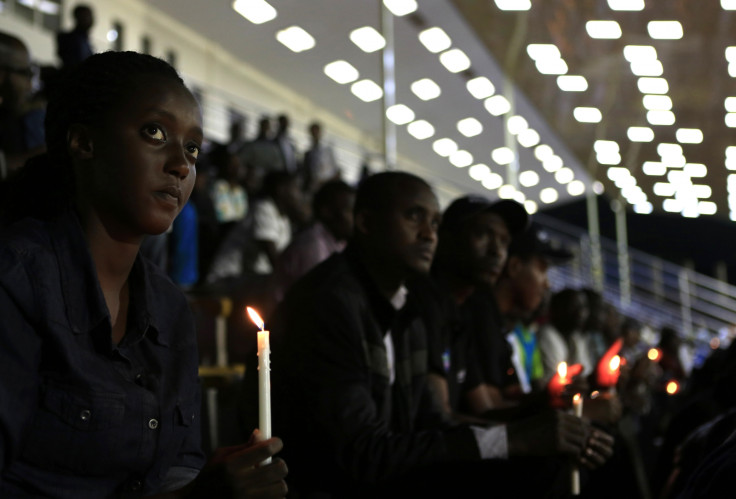Rwanda genocide: Arusha International Criminal Tribunal to close after 21 years

The Tanzania-based International Criminal Tribunal for Rwanda (ICTR) is closing after indicting 93 individuals believed to have taken part in the 1994 Rwanda genocide. The tribunal was set up by the UN Security Council in Arusha in the aftermath of the massacres that resulted in the death of at least 800,000 Tutsis and moderate Hutus.
ICTR said in a statement: "The ICTR's formal closure is scheduled to coincide with the return of the Appeals Chamber's judgement in its last appeal. Until the return of that judgement in 2015, the ICTR will continue its efforts to end impunity for those responsible for the genocide through a combination of judicial, outreach, and capacity-building efforts."
What sparked the Rwanda genocide?
Tensions between Hutu and Tutsi ethnic groups started with the Belgian colonisation in 1922. The colonisers supported the Tutsi political power and exacerbated ethnic differences between Hutus and Tutsi by introducing the compulsory use of identity cards.
After a Hutu revolution led to the 1962 declaration of independence and the establishment of the Rwanda republic, led by the MDR-Parmehutu, the country was rocked by sporadic violence between the Hutu government and Tutsi rebels.
In 1990 the Rwanda Patriotic Front (RPF), formed by Tutsi refugees who had fled along with their families to Uganda due to ethnic violence in the previous years, invaded Rwanda, starting the Rwanda civil war.
The conflict lasted until 1994, when the genocide against the Tutsis was sparked after suspicions spread that Tutsis had carried out an attack against the then Hutu president Juvénal Habyarimana, who died together with Burundi's President Cyprien Ntaryamira in a plane crash on 6 April 1994 .
The tribunal is set to deliver its last judgement – concerning an appeal on a ruling against six convictions – on 14 December.
The tribunal was the first to deliberate on matters relating to genocide and to recognise rape as a form of perpetrating genocide following the high profile trial of Rwandan politician Jean-Paul Akayesu. He was found guilty of nine counts of genocide and crimes against humanity in 1998.
ICTR also has offices in Kigali, while its Appeals Chamber is in the Hague, Netherlands. It indicted dozens of high-ranking military, government officials, politicians –including former Rwandan prime minister Jean Kambanda – and businessmen believed to have carried out crimes in Rwanda between 1 January 1994 and 31 December 1994.
ICTR was also the first tribunal to hold members of the media responsible for broadcasting material aimed at inflaming the public to commit acts of genocide.
Of particular importance were the cases of Ferdinand Nahimana, Jean Bosco Barayagwiza – heads of radio station Radio Télévision Libre des Mille Collines – and Hassan Ngeze, director and editor of the Kangura newspaper.
The first two were sentenced to life imprisonment and Ngeze to 35 years after being found guilty of genocide, incitement to genocide, and crimes against humanity. Nahimana and Barayagwiza's sentences were later reduced by the Appeals Chamber to 30 and 32 years.
ICTR's repsonsibilites will be transferred to the International Residual Mechanism for Criminal Tribunals, set up by the UN Security Council to carry out functions of the ICTR and the International Criminal Tribunal for the former Yugoslavia (ICTY) after the end of their mandates.
The ICTR concludes its work as one of the most wanted suspects in the 1994 genocide, Ladislas Ntaganzwa, was arrested in the Democratic Republic of Congo. Ntaganzwa is believed to have planned and carried out massacres of more than 20,000 Tutsis.
© Copyright IBTimes 2025. All rights reserved.






















